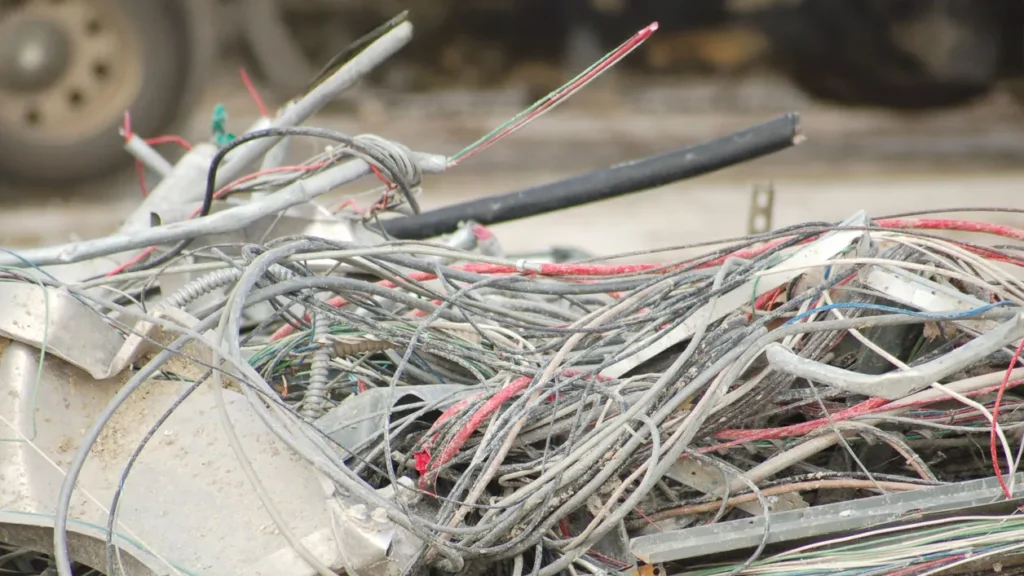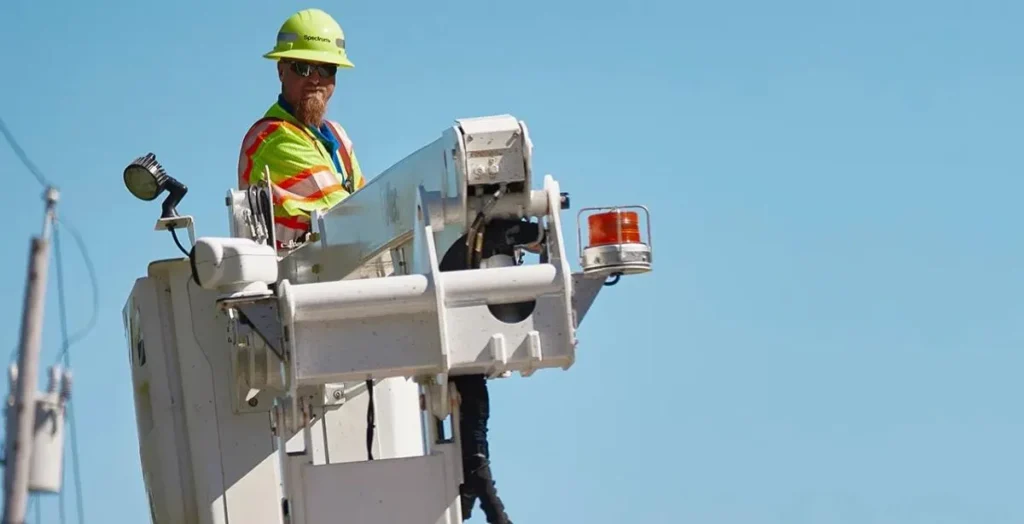White Paper Reveals Collaboration Between Local Governments and Cable Providers is the Key to Smart Cities
Atlanta, GA – Today NCTA – The Internet & Television Association released the new white paper, “Cable Companies and Municipalities: Natural Smart Community Partners,” focusing on the importance of high-speed broadband networks in powering smart cities and communities across the country. Authored by Bill Maguire of Connected Communities, LLC, the research concludes that cities and towns would greatly benefit from partnerships with cable operators in becoming a smart and connected community.
The white paper highlights the under appreciated affinities between local governments and cable companies, and that cable companies are uniquely well-suited partners to local governments. Key findings in the research include:
- Cable networks have the capability to support smart community/IoT applications both now and in the future.
- A rapid expansion of the number of homes where gigabit service is available means that the smart home will be an increasingly viable platform capable of advancing smart and connected community objectives.
- Smart and connected community partnerships between cable providers and local governments reflect new and evolving approaches to collaboration.
“More than just well-qualified solution providers to municipal government, however, cable companies and municipalities share common objectives that make them natural partners with respect to advancing Smart Community/IoT objectives,” Maguire notes in the white paper.
The white paper includes the following recommendations for local governments and cable ISPs:
- Local governments, when planning for smart and connected community, IoT and 5G/small cell deployments, will benefit from efforts to engage cable providers and encourage local cable providers to provide input and participate in the process.
- Local government leaders and cable companies alike should recognize that anticipated smart community, IoT and 5G/small cell deployments provide a unique opportunity to expand and evolve their relationship to include innovative and impactful smart community partnerships.
- Cable companies should educate community leaders so that there is a better appreciation of the end-to-end consumer connectivity, facilities and expertise cable companies possess and how these resources can be used to advance smart and connected community objectives.
- Local governments should evaluate carefully whether existing connectivity (e.g., LoRaWAN) can support the desired functionality of smart and connected community applications and deployments.
- Cable companies should evaluate opportunities for public private partnerships with municipalities, universities and non-profits as a means to grow economic activity in the communities they serve and, ultimately, serve new customers and existing customers in new ways.
Currently, cable operators are using their dense fiber networks and Wi-Fi networks to provide reliable and resilient connectivity to residential, business and wireless customers reaching over 90 percent of the country. Through these robust connections, several cable operators, including Cox, Comcast and Charter, have partnerships with municipalities to develop, test and evaluate different solutions for IoT applications, as well as to engage more stakeholders to participate in efforts to deploy new innovations that help to address key community concerns, such as energy efficiency or better water management.
The paper was released today as part of the SCTE•ISBE Cable-Tec Expo at the Georgia World Congress Center in Atlanta, Georgia. Author Bill Maguire was on hand to present the research. He is the founder of Connected Communities LLC and an advisor and consultant to local governments, non-profit organizations and technology companies. His prior work has included serving as Chief of Staff for the Broadband Technology Opportunities Program (BTOP) at the National Telecommunications and Information Administration (NTIA).







